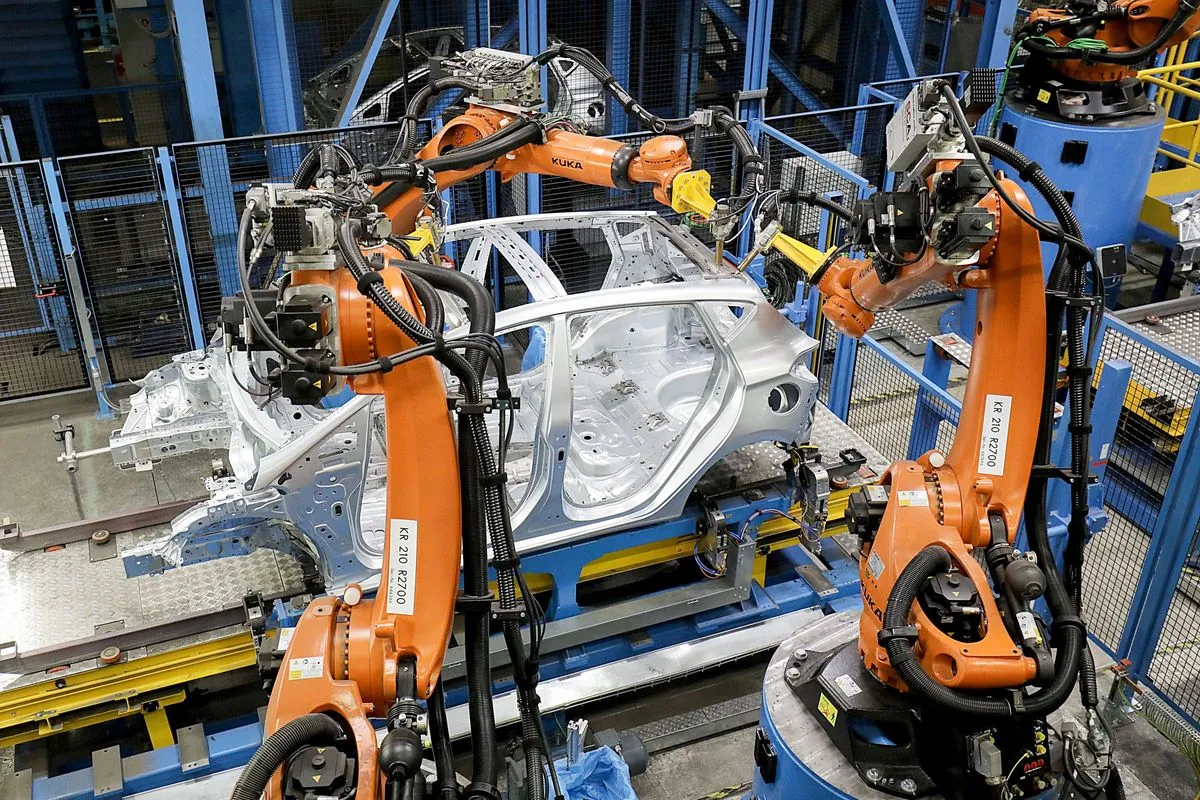Consumer Tech Weaponization Exposes Auto Industry Vulnerabilities
Recent Hezbollah attack using modified pagers highlights supply chain risks. Automotive sector grapples with complex security challenges amid increasing connectivity and software reliance in vehicles.

The recent incident involving Hezbollah in Lebanon, where consumer technology was transformed into lethal weapons, has brought attention to the vulnerabilities in global supply chains. This event serves as a stark reminder of the potential risks associated with complex manufacturing processes, particularly in the automotive industry.
In September 2024, Hezbollah exploited modified pagers and radios in an attack, demonstrating how everyday devices can be weaponized. This incident highlights the importance of thorough supply chain scrutiny, a challenge that extends far beyond the realm of consumer electronics.
The automotive sector, which contributes approximately 3% to global GDP, faces particularly complex security challenges. In 2023, England and Wales reported 132,489 vehicle thefts, with high-end brands becoming nearly uninsurable. Land Rover vehicles, for instance, were stolen at three times the rate of other models, leading to exorbitant insurance premiums.
Manufacturers have been working diligently to address these security concerns. Mercedes-Benz, founded in 1926, attempted to implement fingerprint sensors on vehicle control panels but faced unexpected challenges. The industry has since shifted focus to more robust security measures.
The complexity of automotive supply chains further complicates security efforts. A decade ago, Ford utilized 1,400 companies across 4,400 locations for its Tier 1 suppliers alone, with even more involved in subsequent tiers. This intricate network makes it challenging to maintain consistent security standards throughout the production process.
"It's a real challenge to make it all work together safely and reliably. If you are supplying a software component and have no idea how it's being integrated, you can't accept liability for how things could go wrong."
The trend towards "software-defined cars" introduces new vulnerabilities. Volkswagen's Cariad software division, for example, has faced budget overruns and delays. The shift from traditional automotive engineering to software-centric design requires a delicate balance of skills and expertise.
Connectivity in modern vehicles opens up new attack vectors. In 2019, the Pentagon acknowledged that US Army Stryker Dragoon vehicles in Afghanistan were hacked within weeks of deployment. This incident raises concerns about the security of civilian vehicles connected to the internet.

The potential consequences of a large-scale cyberattack on transportation infrastructure are severe. A compromise of the UK's trucking fleet could rapidly disrupt the economy, leading to empty supermarket shelves and fuel shortages. With the average UK supermarket stocking around 40,000 different products, the impact on daily life could be profound.
As the automotive industry continues to evolve, with roots tracing back to the first car theft in 1896, it must prioritize security alongside innovation. The challenge lies in balancing the benefits of connected, software-driven vehicles with the need for robust protection against emerging threats.


































